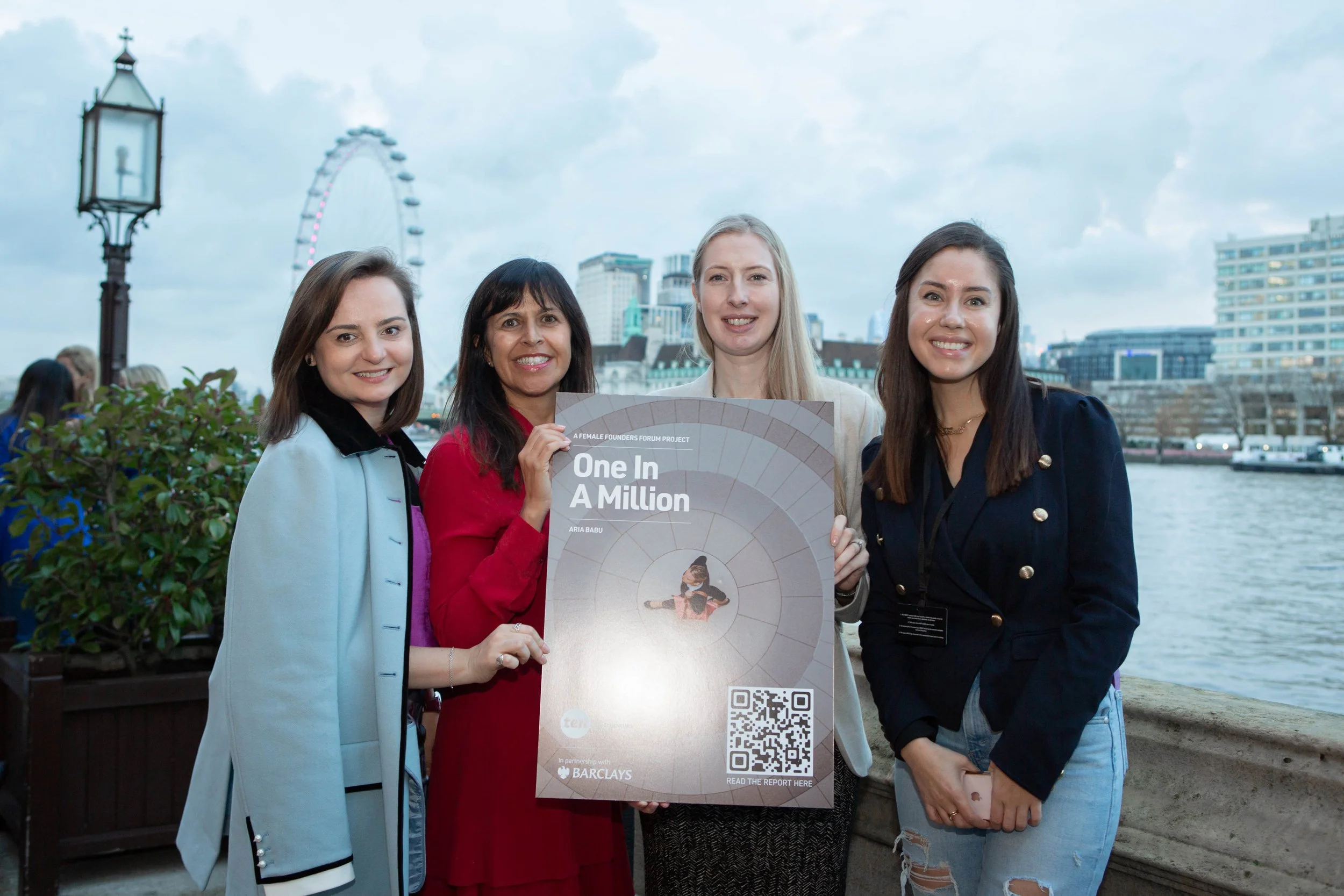Thank you for inviting me to speak on leading with my mission. It was interesting to hear the missions of the entrepreneurs sat around this table. Yet around half aimed to grow a certain amount in a certain timeframe, and this is to misunderstand what a mission is. We all have objectives and goals. A mission is not what you’re trying to do, nor how you’re trying to do it. It’s why.
By way of introduction, Pact Coffee is a coffee delivery service, which operates on a flexible subscription model. We trade directly with some of the best coffee producers across the globe including Brazil, Colombia, Costa Rica, Guatemala, Rwanda and Ethiopia. We import their produce, roast it, and deliver it to our customers.
Three and a half years after launch, we are likely to turn over £10m this year and are growing 10 per cent month-on-month.
Contrary to the romanticised vision of a mission’s origin, I didn’t wake one day and think: “This has been my life’s mission and now I must solve it.” We’d been operating for 12 months by the time I could clearly articulate what our mission is: to Make Coffee A Force For Good. That mission is now written in two-foot high letters on the walls of our offices.
Why? The agricultural coffee industry is one of the largest on the planet. An estimated 100m people are employed as unskilled, migrant, seasonal labourers to pick coffee. And as with all industries of this kind and scale, the opportunity for human rights abuse is vast. Earlier this year, Nestle admitted buying coffee from plantations where slave labour had later been discovered, and that it could not rule out the use of slave labour in their supply chain today as they don’t know which plantations their coffee has come from. Child labour and prison labour are also endemic in the industry.
Specialty coffee like ours requires more skilled labour, smaller farms and an obsessive focus on quality over volume. Which is why we want everyone who drinks commodity coffee – by which I mean any coffee from supermarkets, Nespresso etc – to switch to specialty. Specialty gives growers a fair rate and the price paid for the coffee is linked to its quality, which empowers growers to improve their product.
There are other people in the world with the same business model as us. But I don’t believe they have a clear mission, and I suspect their objectives are all growth orientated.
I learnt a lot about mission from my experiences at my former business Crashpadder, which was sold to AirBnb in 2012. We launched in the same month with almost the same idea, business model, and similar teams with similar backgrounds. Why, when Crashpadder was acquired, were they a £1bn business, while we were 1 per cent of that size? Because they had a clearer mission, whereas I saw an inefficiency in a market and a transaction that would generate a commission, and I sought only to scale those transactions. Their mission was woven into their DNA, which enabled them to raise money, hire visionaries and capture customers’ imagination.
For me, the core value in having a clear mission is that it builds trust – with your team, customers and investors – through transparency.
But coming up with a mission is difficult. You have to ask yourself why you chose to set up your business, and why that business over any other business. I don’t believe that growing tenfold is a mission, but I also don’t think that entrepreneurs on a mission for personal wealth should hide this something woolly or dishonest. Be clear about your mission so you can attract the right people to your business to help you realise it.
The best question I was asked when clarifying my own mission was: “If the business fails, but your mission is realised, will you be happy?” If your business fails but you’re wealthy, you could still be happy. If Pact went under but 10 per cent of the world’s coffee drinkers went specialty, I would be over the moon.
Once you’ve established what you care about above all else, you can ask what should be changed, built or fixed. Only then can you craft your mission statement. It might take a day, a week, or a month. I’m a sole founder; to me the mission statement was very personal. I came up with the core – the things I wasn’t prepared to flex. Next, I took this to my management team and got their input on the rest. Finally the whole team was able to engage, challenge and input. It may sound like a tedious process, but it led to some interesting conversations – for instance over the difference between “joy” and “happiness”. In our case, coming up with a mission statement took 10 weeks.
Stephen Rapoport founded hand roasted coffee delivery service Pact Coffee in 2012. This article is a transcript of his speech at a Leap 100/The Entrepreneurs Network breakfast on 11 May 2016.

























